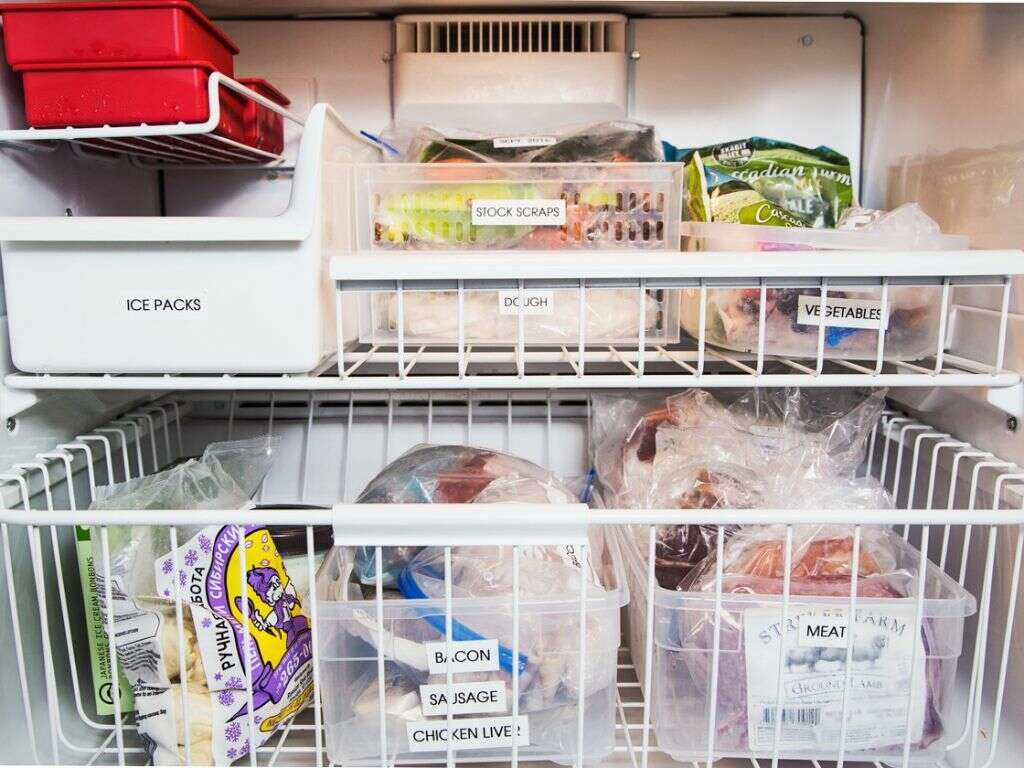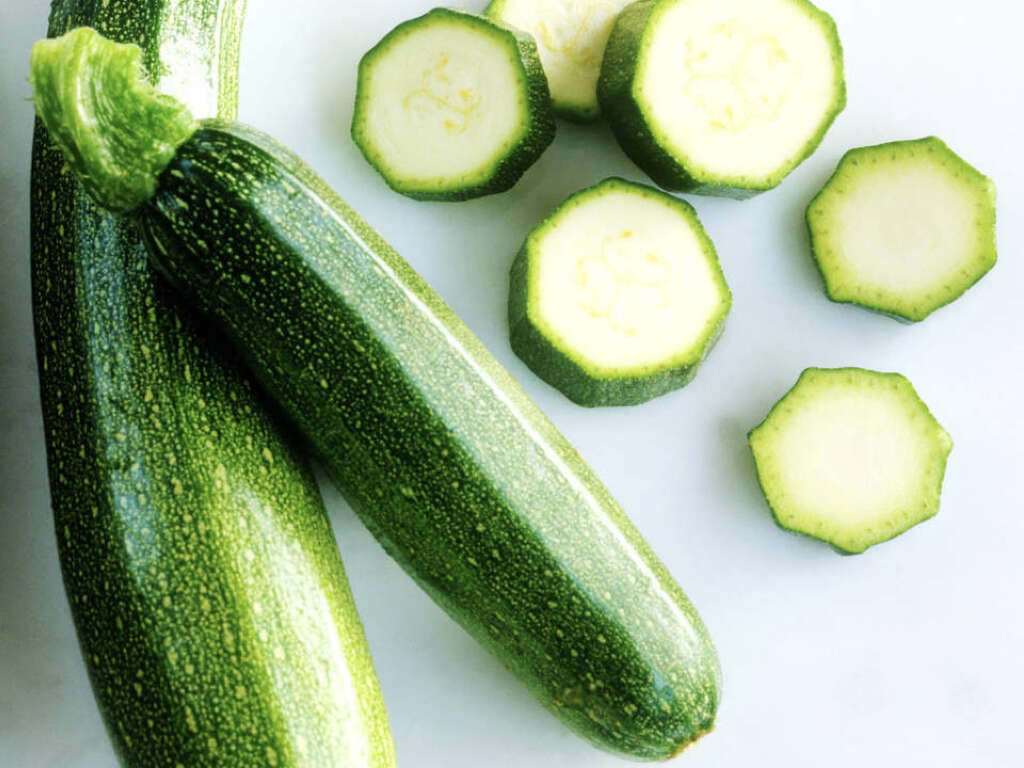Can You Freeze Cheese?
Cheese is one of the most popular foods on the planet, and for very a good reason: it is simply delicious. There is also a huge variety of cheeses meaning pretty much anybody should be able to find something that they like. What’s more is that it is also very nutritious as it is a good source of calcium and protein, among other things.
A lot of cheeses don’t keep too well, though, so you may need to eat them quickly before they go off. Refrigeration will obviously help to keep them for longer but you might still need a way to keep them for even longer still. This leads to the question of whether or not it is OK to freeze cheese.
1. Wrap Tightly
The simple answer to the question is: yes, it is OK to freeze cheese. It is certainly not dangerous and, depending on the type of cheese, you may notice little to no difference. For the best results, however, you should prepare the cheese properly before putting it in the freezer.
If the cheese is still in its original sealed wrapping, then it can go in as it is. Otherwise, you will need to place it in a zip-bag or similar. Make sure to wrap it tightly and try to remove as much air from the bag as you possibly can.
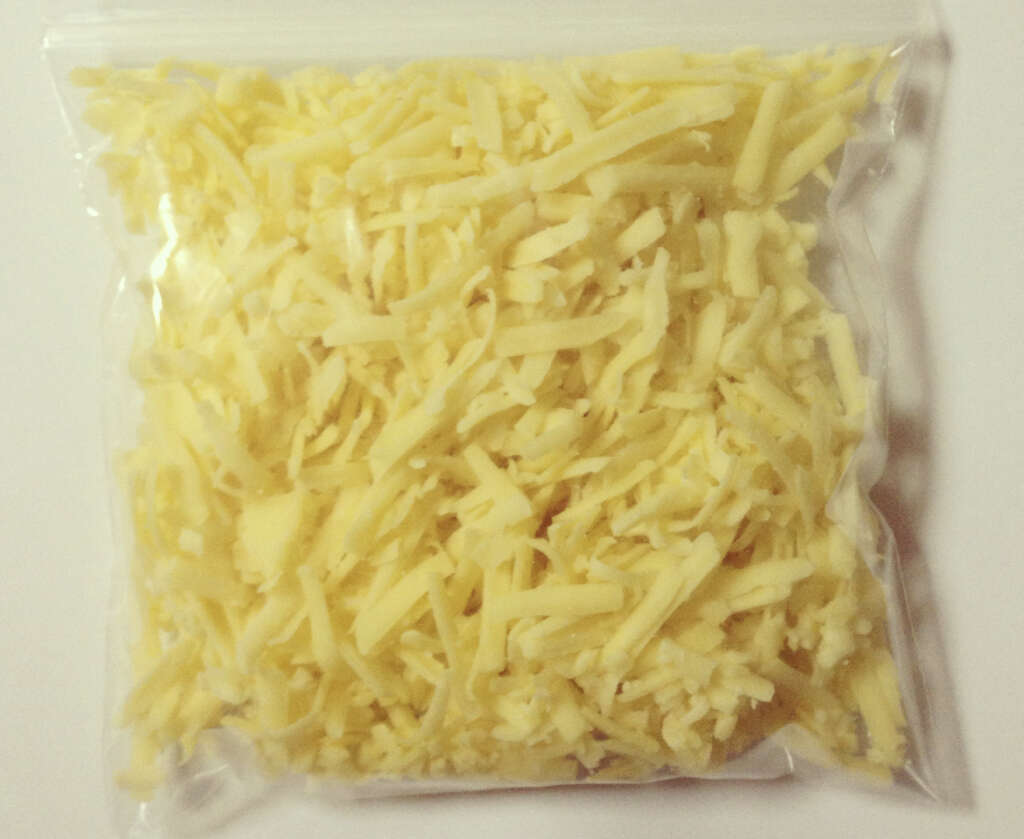
2. 6 Months Maximum
We generally freeze food because it allows us to keep it for longer without it expiring. This actually also helps to make food more affordable because it makes the whole storage and transportation services cheaper and more effective. While freezing does allow us to keep food for longer, however, there are still limits.
Where cheeses are concerned, it should be kept in the freezer for no longer than 6 months. Most people are unlikely to keep a lump of cheese in the freezer anyway, but cheese on a frozen lasagna can still be affected if it is kept in there for too long.
3. Thaw in Fridge
Preparing frozen foods is usually quite easy. Just take it out, let it defrost, and it is ready to use. Usually, this can be made even easier by putting it on defrost in a microwave. When it comes to cheese, however, you will need to take a less direct approach. If you try and thaw cheese out too quickly then you might end up ruining it.
Instead, you should take your cheese out of the freezer and then place it directly into the refrigerator. It can take 2-3 days to thoroughly defrost, but thawing it out in this way will help to give you the best results.
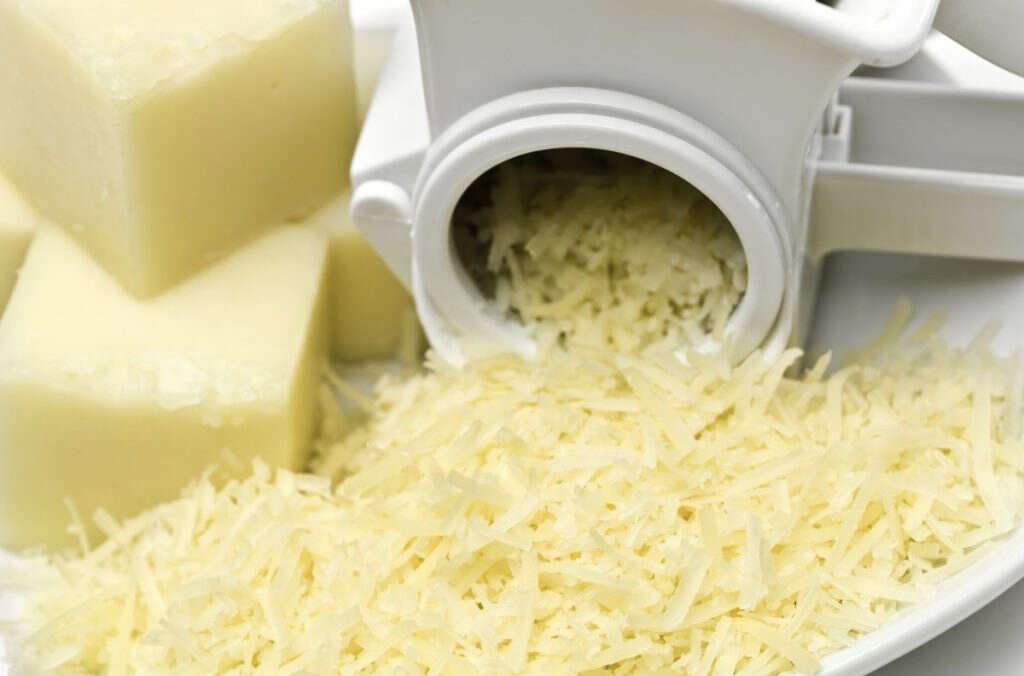
4. Best Suited for Cooking
One of the best ways to enjoy cheese is on a cheeseboard. This way, you get to choose from a selection of your favorite cheeses, as well as ham, wine, pickle, and anything else that you want. When you are enjoying cheese in this way, you really should use cheese that has not been defrosted.
While defrosted cheese is OK, it will often lose some of its subtle flavors and the texture can change. In some cases, defrosted cheese can become very unappealing, ruining the pleasure of the cheese board. Defrosted cheese is really best suited for when you are going to be using it in cooking.
5. Avoid Cheese with Holes
One of the most damaging aspects of freezing cheese is the freezing of any water molecules that are in the air next to the cheese. This is one reason why it is important to seal the cheese as well as possible before it is put in the freezer. Avoiding the freezing of water molecules can be all but impossible to avoid in some cheeses, however.
Some cheeses are known for being full of empty pockets. This is a result of yeast producing gas during the fermentation process. These holes are full of air with water molecules that can be frozen, and this can contribute to cheese being damaged during the freezing and thawing processes.
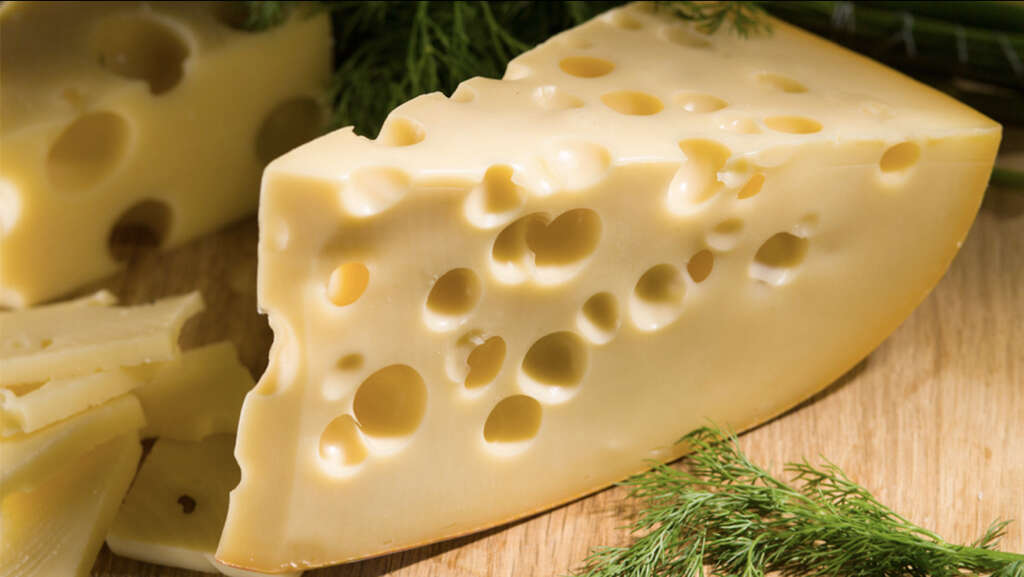
6. Grated Parmesan
Parmesan is a hard, grating cheese that is often used as a topping for various dishes. It is sometimes not used regularly, being kept around until the next time a cheesy topping is needed, and this can mean it will often go off before it gets used.
Fortunately, parmesan stands up very well to being thawed. There is little to no noticeable difference to parmesan after it has been thawed, which will be good news to a lot of people. Remember to place it in a sealable bag first and try to remove the air before placing it in the freezer. The same applies to similar hard cheeses that are also often used for grating.
7. Cheddar
Cheddar is perhaps the most popular type of cheese worldwide. It has flavors ranging from mild to very strong and can be used in a wide range of dishes. When it comes to sandwiches and burgers, cheddar is often the cheese that is used. It is also often used in cooking, and cheddar is delicious when it has been melted.
When it comes to freezing, cheddar is among the most suitable of all. There will often be a change in texture once thawed: it will become crumblier. Other than that, the appearance, aroma, and flavor are said to be almost identical.

8. Boursin Cheese
Boursin cheese is a popular choice when it comes to dinner parties and other events. It is a fairly soft cheese and spreads easily on crackers and anything else you like. It makes a great addition to cheese boards and it comes in a variety of flavors, helping to make it a good complement for other foods.
Experiments have shown that Boursin cheese will also freeze and defrost very well. The texture and appearance will remain the same and most people will have no idea that it has been frozen. It does come with some very delicate herb flavors, however, and this can be lost to a degree in the freezing and thawing process.
9. Brie
Brie is a deliciously soft, gooey cheese that comes from France. It comes with quite a tough rind that is also edible and, for many people, the best part of all. It also comes available in different flavors, and is often used as an ingredient in a variety of dishes, or even baked just as it is.
It gets even better because Brie stands up to being frozen very well. The results may not look great at first because the external rind will often be discolored. Beneath the rind, however, the cheese within should be just as delicious as it was before it was put in the freezer.
10. Cream Cheese
Cream cheeses are very soft cheese, with a creamy texture from which they get their name. They are great with crackers and similar and are sometimes used to add a different dimension to salads. Their creamy texture also makes them easy to spread, making them ideal for spreading on bagels and croissants.
Cream cheese can also be frozen, but you are likely to lose much of its wonderfully creamy texture, with it becoming quite crumbly instead. This means it is not really the best candidate for freezing, although frozen cream cheese can still be suitable for making cheesecakes and similar. If you do choose to freeze cream cheese, it should be used within 2 months.




